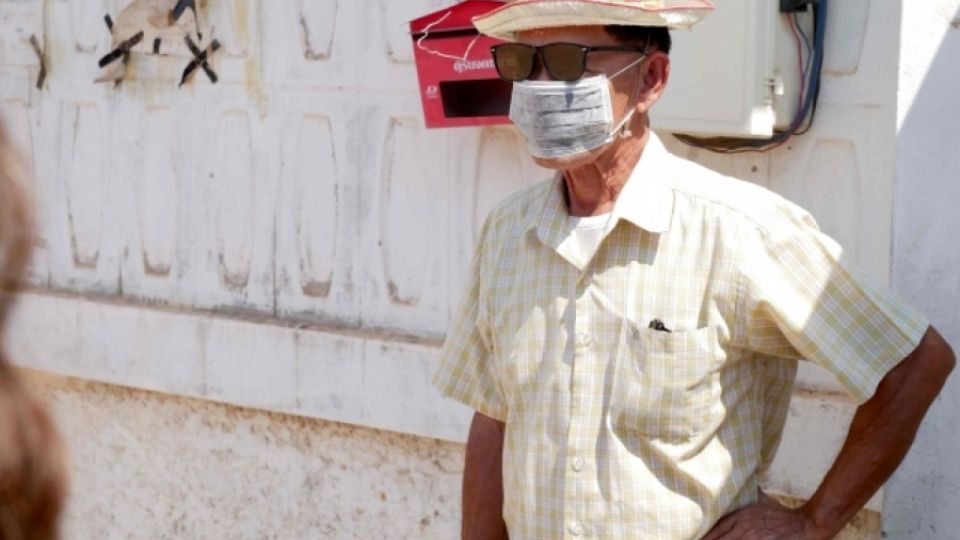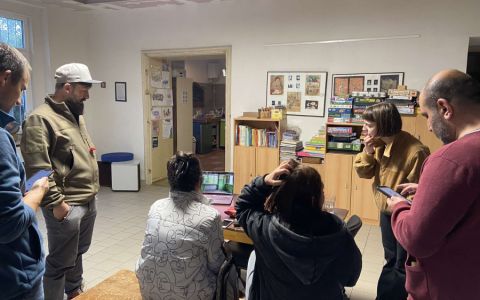Marine animals, sediment from watercourses or, for example, chicken eggs are the subject of research by our toxics and waste experts, who have traveled to Thailand's "hot spots" to map the level of environmental contamination by industrial chemicals. Heavy metals and persistent organic pollutants (POPs), which exhibit negative impact on human health and the environment, will be matter of research this time as well. In addition, experts will expand the investigated substances with dust particles and oxides of sulfur and nitrogen, which pollute the air in the vicinity of industrial plants and recycling workshops for the processing of electrical waste.
"Thailand has long time struggled with high levels of air, soil and water pollution caused by uncontrolled industrial development, excessive waste production, incineration and artisanal recycling of waste containing toxic chemicals" explains Thai project coordinator Jitka Straková from Arnika Association, adding that for example In Samut Sakhon province alone, there are more than 5,000 small waste handling workshops, including simple metal smelters with open furnaces and burning plastic parts of electronic waste in their backyards with aim to recover precious metals.
Of course, Arnika is not alone in working in Thailand, it cooperates with the local civil organization EARTH, which on the spot helps local communities affected by pollution with expert advice in specific cases.
"Together with chemical experts and a cameraman, we visited toxic pollution hotspots to provide local communities with information about the state of pollution around their homes and to appeal to the Thai government and international negotiators who have the power to change the situation of affected communities in Thailand. Thanks to colleagues from the EARTH, we also have a powerful tool like drone with a camera, so we have an even better overview of the extent and sources of pollution, "says Straková.
The Czech experts spent a total of sixteen days in Thailand and visited twelve selected sites, for which they will compile a detailed sampling plan. The collected samples will be partially analyzed in the Czech Republic. "The whole campaign aims to fill the gaps in information on environmental pollution to Thai communities and then appeal to negotiators of international conventions to prevent the most critical pollution in Thailand with well-established legislation," Straková said, adding that an integral part of the reports about toxic pollution should cover also recommendations for protection of health.
Our activities in Thailand have been and are made possible thanks to the project "Increasing Transparency in Industrial Pollution Management through Citizen Science and EIA System Enhancement" funded by European Union funds and supported by the Ministry of Foreign Affairs, Transformation cooperation program of the Czech Republic.







